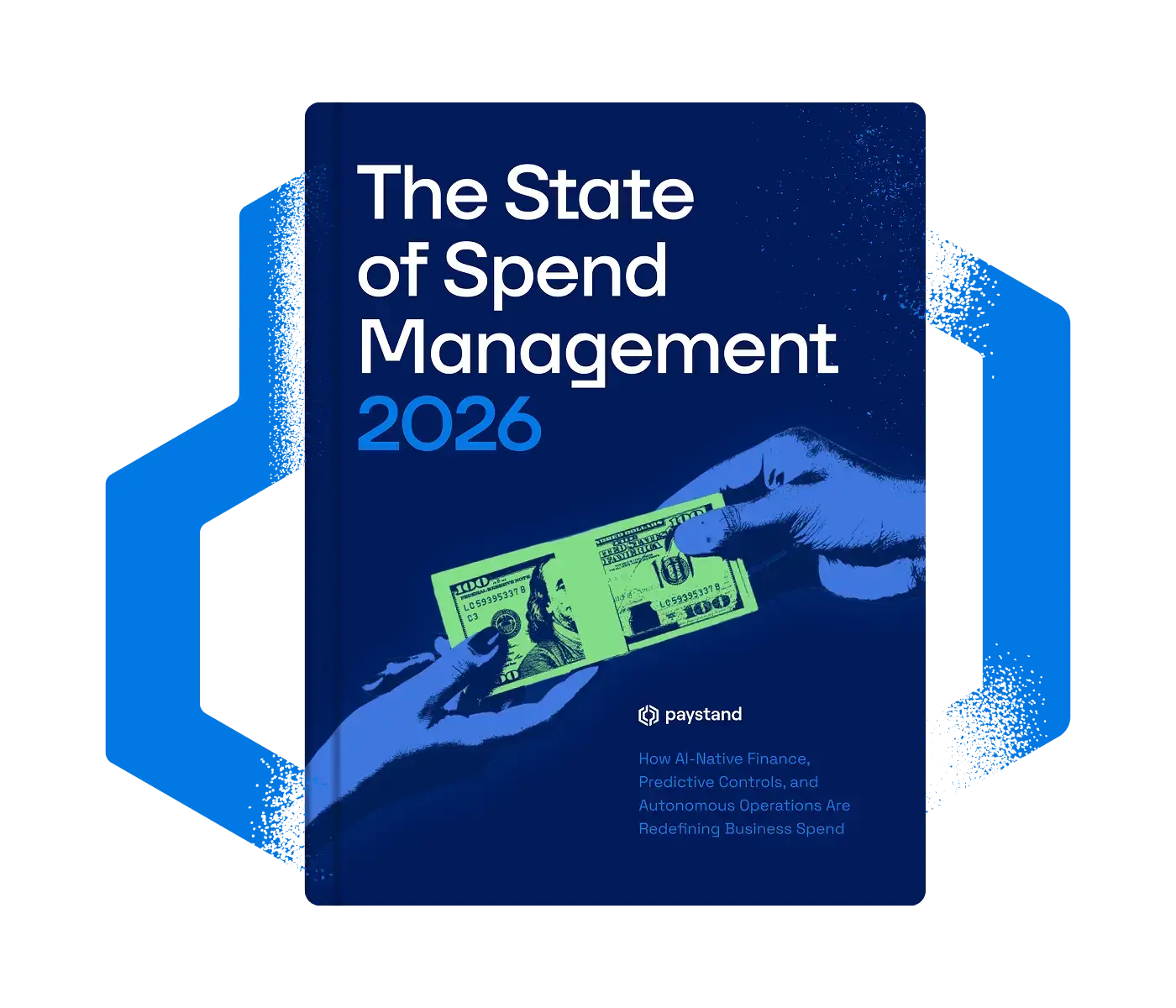Controllers Council recently held a CPE training webinar titled, AI is Accounting Intelligence: Tech Savvy Tips for Controllers & CFOs, sponsored by AvidXchange.
Our subject matter experts were Joy Mbanugo, CFO at CXapp, and Brenna Albert, VP Global Controller at Medline Industries.
Following are key takeaways to this discussion. If you are interested in learning more, view the full webinar archive video here.
Please share where your F&A organizations are at with AI adoption? Top processes? Use cases?
Joy: One, I was in the process of trying to build an AI agent and I had this great idea. I worked for AI company and so I was harassing the engineers and tell them I need all these tools and no code tools. And the head of engineering was just like giving me a hard time like, Joy, what are you doing? I’m like, I’m building an AI agent. And he’s like, why? I’m certain there’s something out of the box you can use. So I was on a quest – I would call it like a 90-day sprint to build an AI agent. And so, what I found in ChatGPT specifically, there are agents already built for CFO and certain technical accounting. The second one I use it for; this was just interesting from an SEC reporting standpoint. I’ve trained ChatGPT just on who I am. But anyway, I said based on the last four or five filings, can you give me a skeleton 10Q because my third quarter Q is coming up. I have a lot of external advisors who I’m paying, and you know, I’m a CFO, I want to reduce fees. So, it gave me a shell queue. And so, I’ll be using that for a draft version of the queue and then just basic emails. I literally use AI every day, but those are the top two that just come to mind.
Brenna: We’re certainly continuing to explore and thinking about some investments as well. So, in how I use AI, my everyday work, I do think it’s at this point primarily with respect to productivity gains. So, when you think about my work, presentations, executive summaries, those kind of board level materials, etc. So just those day-to-day productivity gains. Getting caught up on email chain that’s 10 miles long. All those things that I think are becoming a little more core to how we think about work and how we can just do those basic things more efficiently. When I take a step back and think about finance organizations both my current company and previous companies, we have some targeted areas where we’ve been using, let’s say bots or different aspects of AI for quite a while.
How did you get started? Did F&A drive the process? IT, consultants or others?
Joy: It started with intellectual curiosity, and it happened at my previous company. We were just starting to see ChatGPT. It was a private company like Brenna. I was pulling together very extensive board packs, and it took a very long time and a lot of the teams’ time.
Brenna: I am very happy to say that our technology organization has brought in a couple of key leaders who are really focused on these emerging technologies. We must think about the data that we have: how do we leverage them the best way to serve our customers? To provide strategic insights as we go to market. And then also AI. What I would say is this has always been a focus for finance. Is how do we run our day-to-day operations in a more efficient way? How do we simplify our processes? How does technology help that journey? We’ve done a fair amount of that in the transactional financial services space. But as a company, we are prioritizing that, and we do have a couple of ways that we go to market with customers that are publicly announced that leverage of some AI capabilities.
Our mandate is always how do we best serve our customers. And that kind of drives the enablement and where we make those targeted investments into specific tools. I would say that we’re maturing our partnerships with our technology colleagues, which is fantastic. They’re bringing about leadership, but then also we’re challenging ourselves to explore the technologies we already have access to. Work with the folks in technology organization to help with that thought leadership. And we find those targeted investment opportunities to do things better.
How will your role change? Roles and skill requirements of different F&A staff?
Joy: I think our roles will change, but again, we’re still not there. I do believe the future, maybe more on the transactional side, things that are easier: AP, AR, forecasting. Forecasting doesn’t require immediate accuracy, but technical accounting does. For some of the skills where you don’t, journal entries, I haven’t seen a tool yet. I also haven’t seen a financial close tool that uses AI that can incorporate tax that’s accurate. In the future in 2030 or whatever. AI finance gurus are saying, the finance team will be a team of one and all this other stuff, but I still think you’re going to need technical skills. I don’t think technical skills will go away. And maybe that I’m just biased because I’m an accounting nerd and I’m a tax nerd. You always must go back to the code. You always must go back to the law.
Brenna: When we think about the hallucinations that we both mentioned with AI, you’re right. You must go back to the code, and you must apply judgment. And large language models are statistical models. That’s why the hallucinations, not making judgments; they’re making predictions. So as much as there’s a lot of focus on the LLMs, we do need to understand what the use case is for those.
Will AI address F&A burnout? Improve job satisfaction and/or retention? Make F&A careers more interesting to students?
Joy: I think I agree with making it more interesting to college students, but I worry when I see headlines and comments like entry level jobs are going to go away. Like when I think about starting as an intern at EY and even, you know, I’m going to age myself, an intern at Arthur Anderson. I worry that people aren’t going to have like that foundation, and you need to have people who know AI and technology, but you still need to have a strong technical foundation. Because how do you know if what you’re getting back is incorrect? It’ll make it more interesting, but I do hope college students still get a solid foundation when they start their accounting careers. Because I think for me, it was invaluable. And there’s some concepts I go back to today that I learned when I worked at EY.
Brenna: I think the conceptual knowledge is super important. I think the concepts of reducing burnout from manual repetitive tasks, we think about those very manual transactional type tasks. I think that makes whole sense. We also kind of combine these concepts and we think about entry level roles. To the extent that transaction matching happens in a balance sheet reconciliation, that saves time, which is super important, and I think important for employee engagement. However, in addition, I think to the conceptual knowledge that an employee needs to have to apply the right judgment. Just because we mass transactions, will this balance have support? Why do we have this balance on our books like that thinking cap?
Sometimes people learn differently. Not everyone necessarily thinks and solve problems from the concept down. Some people work better from the details up; therefore, we don’t want to move away from that.
What are your Top 3 tips for success with AI?
- ChatGPT: If you go in, you can update the settings so that ChatGPT knows who you are and how you want it to answer you
- Spend some time training ChatGPT on the types of data you will feed it
- Individual productivity gains (take these five slides and turn into one)
- It can even help you refine communications for different audiences to some degree (maybe a tricky conversation or summing an email)
What will the F&A department look like in 3 years?
To view this question and learn more about AI, watch the full webinar here.
ABOUT THE SPONSOR:
AvidXchange is a leader in automating invoice, payment and Accounts Payable processes for mid-market organizations. AvidXchange processes more than $242 billion transactions annually, with 1,600 employees, 8,500 customers, and over 265 accounting system integrations. Learn more at www.AvidXchange.com




